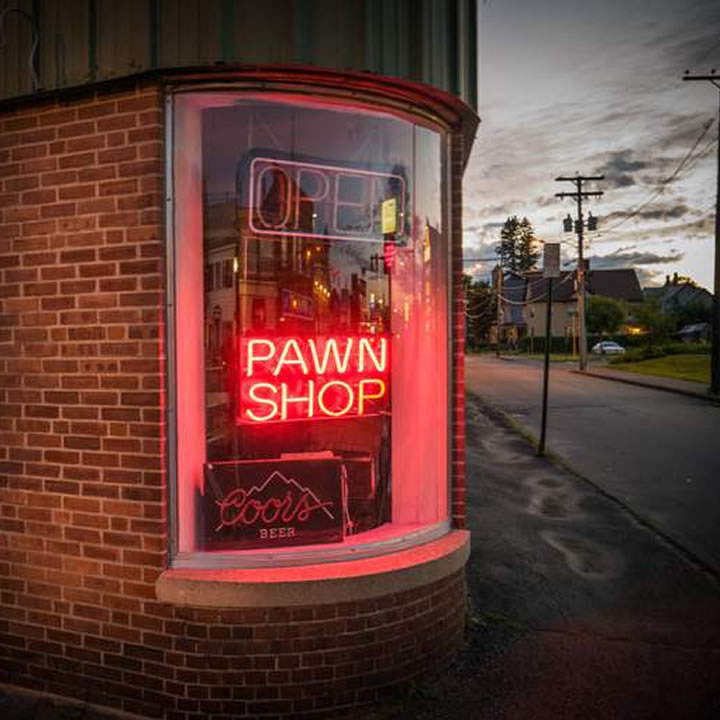Pawn shops have been popular places for selling and buying second-hand items for many years. However, to make a successful sale, you need to know how to market your stuff effectively.
Here are some top tactics used by experts for marketing their items in pawn shops:
Research the shop: Before visiting a pawn shop, it’s important to research the shop’s policies and the type of items they typically accept. This will give you a better understanding of what to expect and help you choose the right shop for your item.
For example, if you are looking to sell or buy a musical instrument, you may want to choose a pawn shop that specializes in musical instruments or you can also visit LearnLiquidation for locating the best pawn shop located in your area.
Clean and repair the item: Cleaning and repairing your item can make a huge difference in how it’s perceived by potential buyers. It will increase the item’s value and make it more attractive.
This can involve simple tasks like wiping down surfaces, fixing any visible damage, or even having the item professionally cleaned or repaired.
Provide documentation: If you have any documentation or certificates for the item, bring them with you when you visit the pawn shop. This will add to the item’s value and increase its marketability.
For example, if you have a certificate of authenticity for a piece of jewelry, this can increase its value and make it more attractive to buyers.
Be prepared to negotiate: Pawn shop owners are often open to negotiating the price of an item, so be prepared to haggle to get the best price for your item. Know what your item is worth and have a general idea of what you’re willing to accept before entering negotiations.
Use social media: Utilizing social media is a great way to promote your items and draw attention to them. This can include posting pictures and descriptions of the item on platforms like Facebook, Twitter, and Instagram.
You can also use hashtags related to the item to reach a wider audience.
Offer a warranty or guarantee: Consider offering a warranty or guarantee on your item to increase its value and make it more appealing to buyers. For example, if you are selling a used camera, you can offer a 30-day warranty on the camera’s functionality.
This can give potential buyers added peace of mind and increase the value of the item.
Network with pawn shop owners
Building a relationship with pawn shop owners can help you get better prices and more exposure for your items.
This can include getting to know the owners, visiting the shop regularly, and being loyal customers. By building a relationship, the owners may be more likely to offer you better prices or provide you with additional exposure for your items.
Things to Remember
Aside from the tactics mentioned, here are a few additional things to keep in mind when selling items in pawn shops:
Be honest: Be honest about the condition of your item and any relevant history. This will help build trust with the pawn shop owner and increase your chances of making a successful sale.
Price your item realistically: Make sure you have a good understanding of what your item is worth and price it realistically. Overpricing your item can make it less attractive to buyers and decrease your chances of making a sale.
Be patient: Be patient during the selling process. It may take some time to find the right buyer and make a successful sale, but persistence can pay off in the end.
Consider alternative options: Consider other options besides pawn shops if you’re not able to make a sale. This can include selling the item online, through classified ads, or at a garage sale.
Conclusion
By implementing these proven tactics, you can significantly boost your chances of successfully marketing and selling your items in pawn shops.
From conducting research on the shop and its policies to presenting a well-maintained item with relevant documentation, being ready for price negotiations, utilizing social media to gain exposure, offering a warranty or guarantee, and building relationships with pawn shop owners, every approach plays an important part in maximizing the success of your sale.

